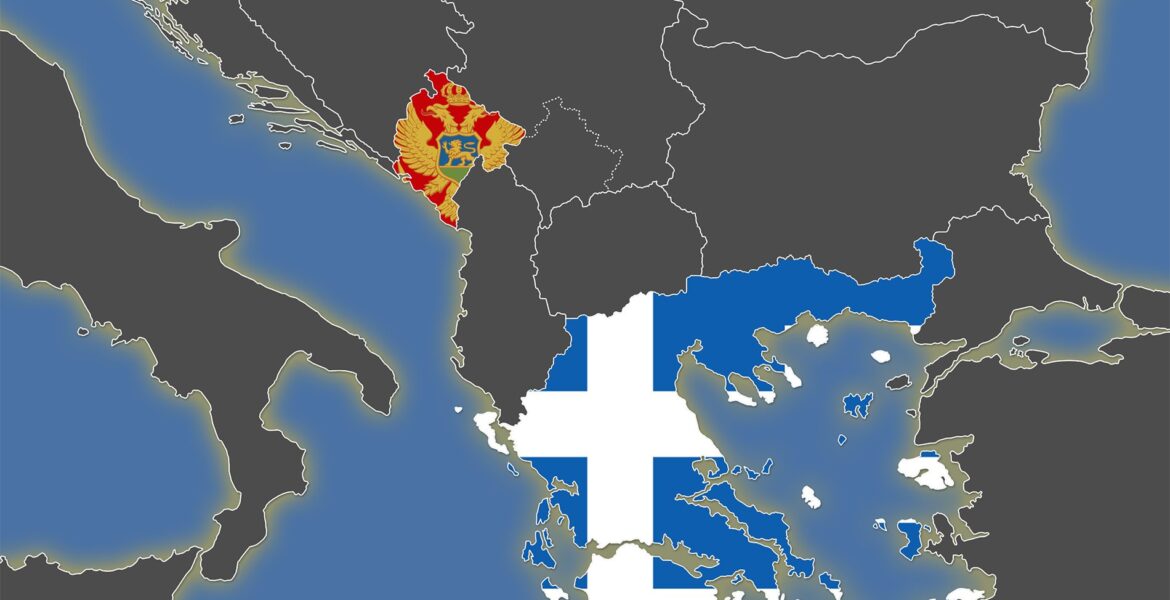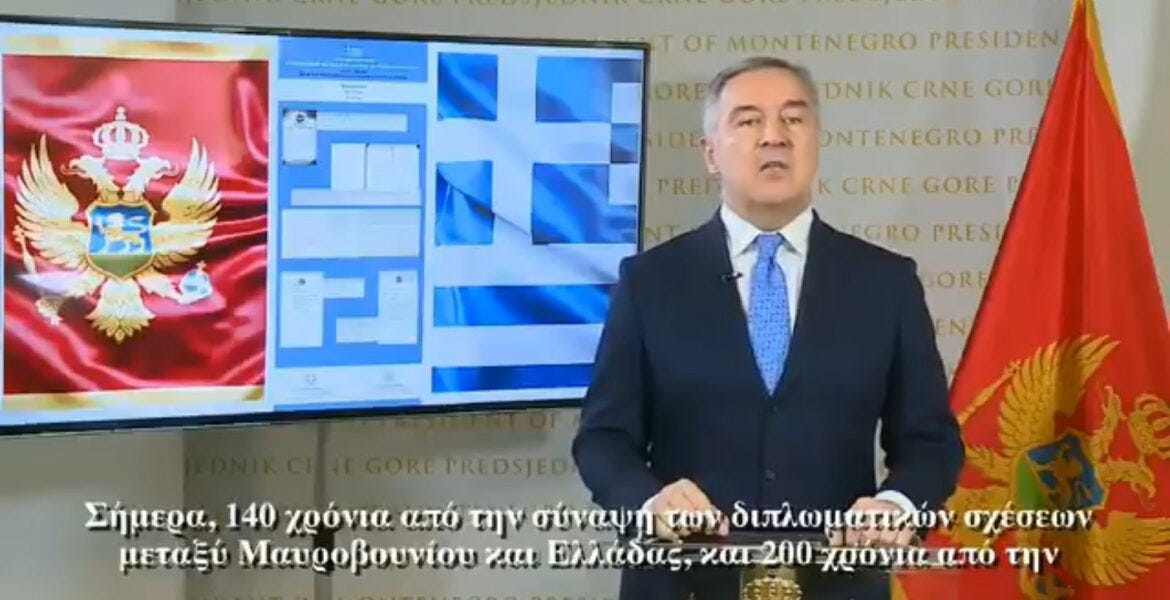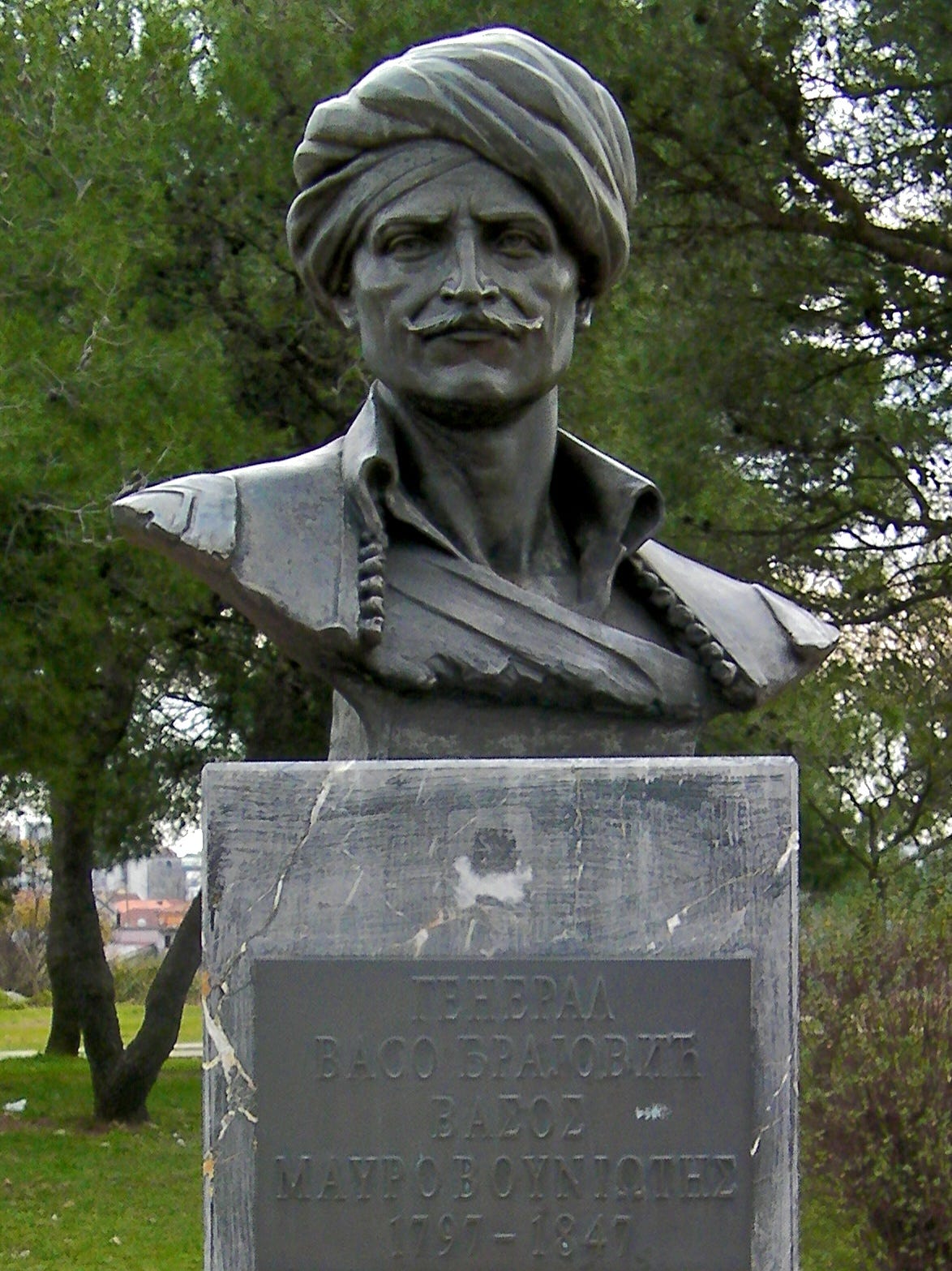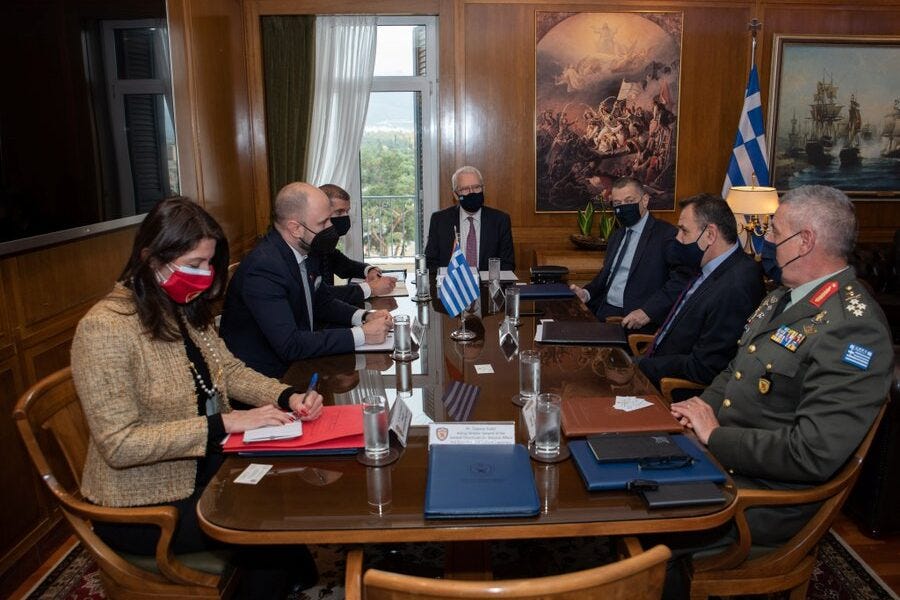Greek Prime Minister Kyriakos Mitsotakis during a recent meeting with his Montenegrin counterpart Zdravko Krivokapić in Athens expressed Greece’s unequivocal support to the European accession course of Western Balkan countries.
This has been just one of many signs that Greece and Montenegro are poised to have an important strategic partnership in the following decade.
Greece as the backbone for European and economic integration
Montenegro, sitting in the Western Balkans is destined for European integration.
In this instance, just like with the EU enlargement of 2004, Greece can and will play a vital role in helping and making sure of this soft expansion.
We should keep in mind the work Greece did for Bulgarian, Romanian or Cypriot integration.
Having a historic role, Greece connects both Western European countries (since it has been part of the EU for over four decades now) and Eastern/Balkan European countries, to which it has cultural and other ties.
What makes Montenegro special though is that unlike other countries in the Balkans it is not economically dominated by another EU country (Albania by Italy; North Macedonia by Germany).
This should serve as a critical fact for Greece when deepening ties with Montenegro, as the country itself could take the leading role.
In 2012 Greece was the third biggest import partner of Montenegro, only behind Hungary and neighbouring Serbia.
This shows that there already are strong economic relations.
Montenegro is a country of roughly more than half a million people and a GDP of around five billion.
Greek investment should therefore be a top priority, both in key sectors, as well as in expansion of markets as has already happened in much of the post-Communist Balkans.
Greece was one of the first countries, aside from Italy, to establish mass tourism and to this day this serves as one of the leading factors of the Greek economy (some, justifiably argue the Greek economy is too dependent on it).
Montenegro, too, shares a beautiful Adriatic coastline and is currently advancing tourism and infrastructure.
With its decade long experience in this field, Greece can easily navigate and help Montenegro’s tourism industry grow and flourish.
Expanding historic ties for cultural and military cooperation
On March 25th this year, for the 200th anniversary of the Greek revolution, Montenegrin President Milo Đukanović congratulated the Hellenic Republic for this achievement and underlined the historic ties between both countries.
His speech made clear that the relationship between Greece and Montenegro goes way beyond just economic or modern integration.
As a matter of fact both countries history has been intertwined for many centuries, ranging from a shared Orthodox Christian heritage, to a common struggle against Ottoman occupation.
A famous Greek revolutionary of 1821 was Vasos Mavrovouniotis (Greek: Βάσος Μαυροβουνιώτης, or “Vasos the Montenegrin”) who fought bravely in this shared struggle.
One of the most committed and fiercest fighters, he was born in Montenegro under the name Vaso Brajevic and through an Ancient Balkan ritual received Blood Brotherhood (“Vlami”) with many fellow Greek warriors such as Nikolaos Kriezotis.
Later, during the Balkan Wars of 1912, both countries found themselves on the same side, forming an alliance with Bulgaria and Serbia aimed at, successfully, liberating much of the Ottoman occupied Balkans.
As I said, these are merely some examples of the heritage of both nations and a big reason of why the future cooperation won’t just be an economic one.
Earlier in April, Defence Minister Nikos Panagiotopoulos met with the Montenegrin Foreign Minister Đorđe Radulović where they discussed issues of bilateral cooperation, as well as NATO and recent developments in the wider region.
Also present at the meeting were Deputy Defense Minister Alkiviadis Stefanis and the head of Hellenic National Defence General Staff, General Konstantinos Floros.
Geopolitically, Greece and Montenegro share very similar goals and should therefore work together for respective strategic interest.
One of this instances could be a joint policy aimed at containing any possible plans for “Greater Albania”.
The nationalist and irredentist concept of “Greater Albania” has in many ways been state doctrine of the Albanian nation and is by definition hostile towards Montenegro and Greece as it includes a considerable chunk of both countries.
Military cooperation between the countries should for example serve to stop such developments and encroachments.
More generally though, a mutual strategy connecting the Adriatic with the Ionian Sea can be reached.
The 2020s are still in their early phases; however all indications point towards a bright and shared future for Greece and Montenegro.
If the correct steps are taken, we can witness joint flourishing and cooperation on various levels of economy, integration, military and culture.





